Our “liquid gold” is an abundant source of sustainable fertilizer, but we currently flush it into sewers where it causes nutrient pollution that is costing municipalities billions to remediate. By collecting and recycling urine into fertilizer, we can more affordably protect the aquatic environment while replenishing the soils that support us.
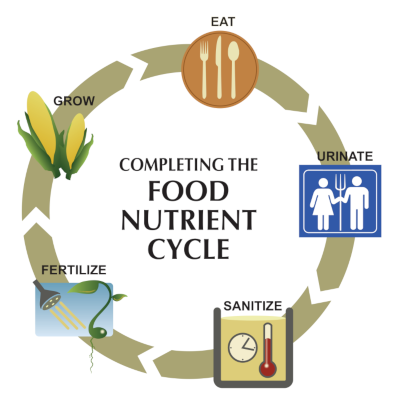
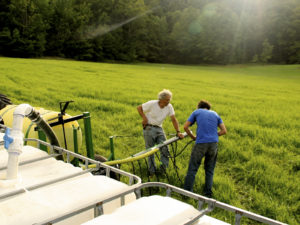
Human waste is rich in nitrogen (N), phosphorus (P), potassium (K), and other elements essential to plant growth. Just like animal manure, human waste can be sanitized and transformed into natural, sustainably-produced fertilizer for use on agricultural soils.
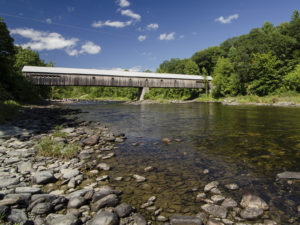
When we flush urine into sewers its fertilizing potential ends up in the wrong places, with severe environmental consequences. But if we collect urine for recycling we can put it on farms where its fertilizer value is beneficial, supporting the agricultural systems we all depend on.
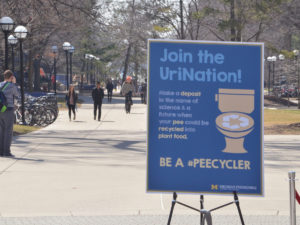
Urine Diversion is the practice of keeping human urine separate from the rest of the wastewater stream. Collected urine can be used as fertilizer, either around the home or on a nearby farm.
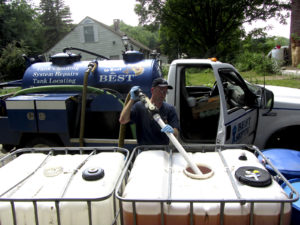
Collecting and recycling urine saves money and supports local economies by conserving drinking water, reducing wastewater treatment costs, producing fertilizer, and improving water quality.
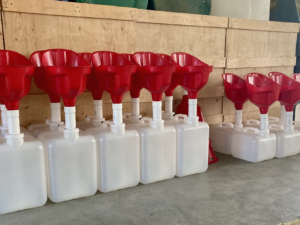
Technological advances now allow urine to be collected odorlessly and aesthetically using modern fixtures, then concentrated and efficiently transported large distances from urban areas to outlying farms.